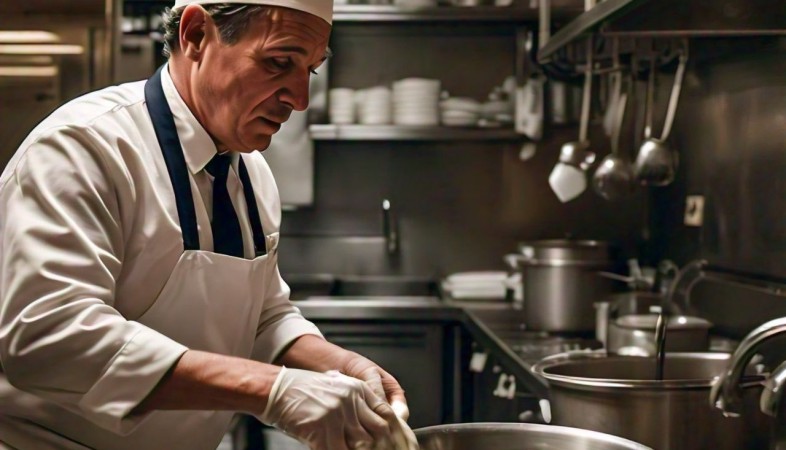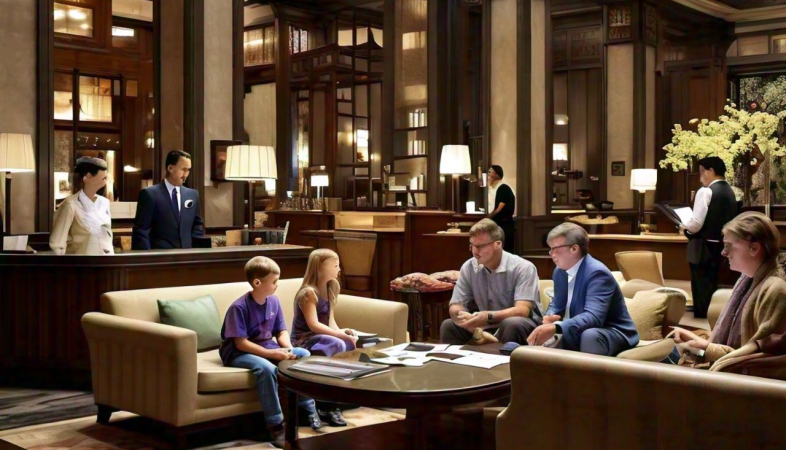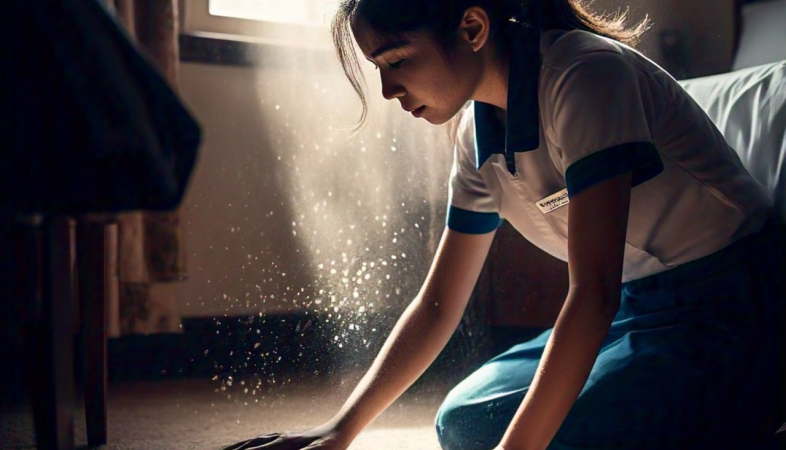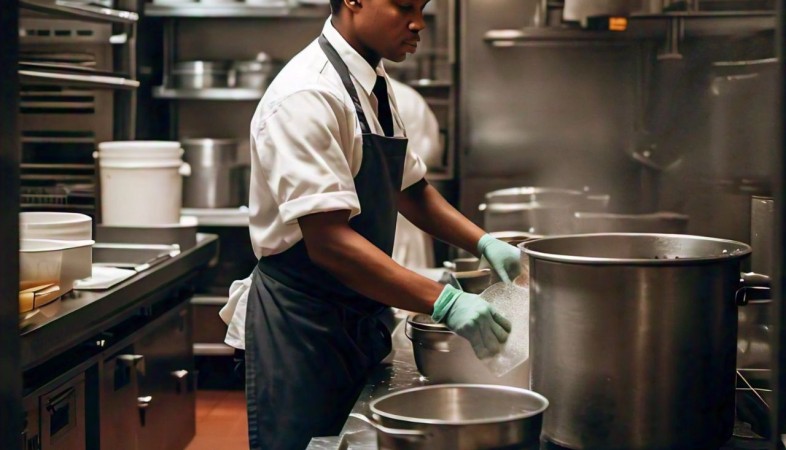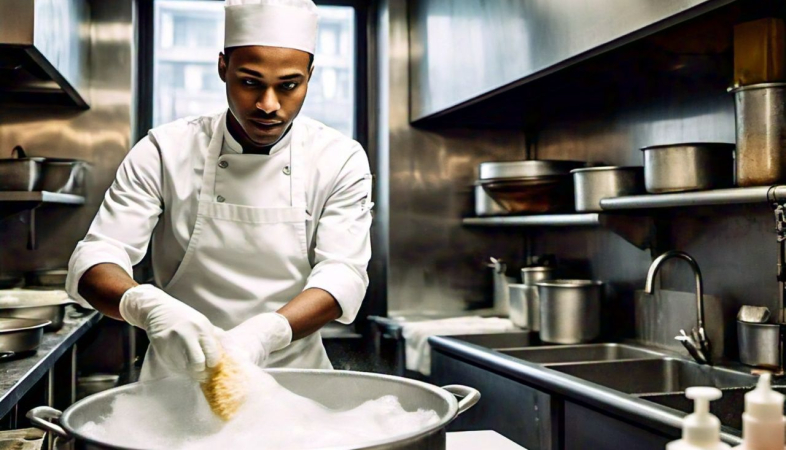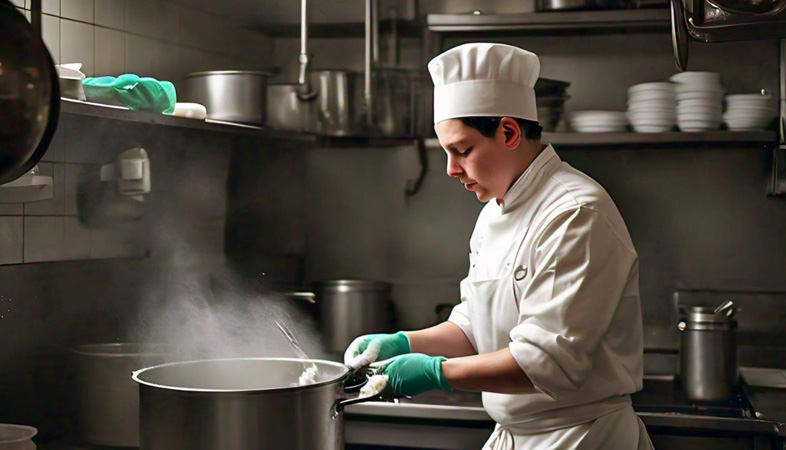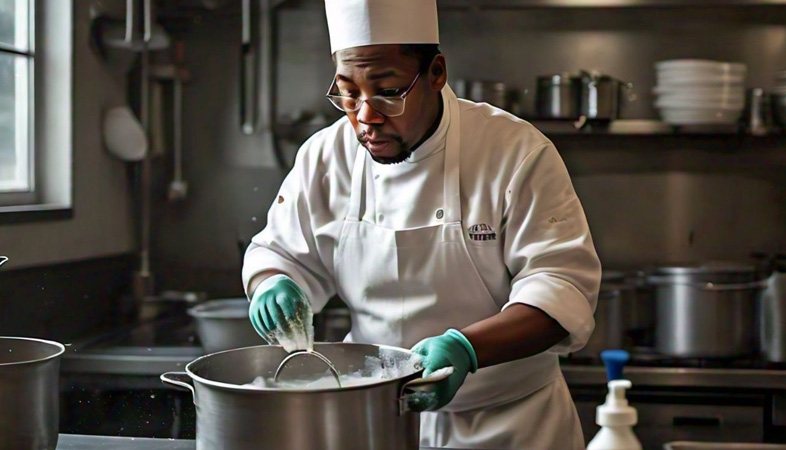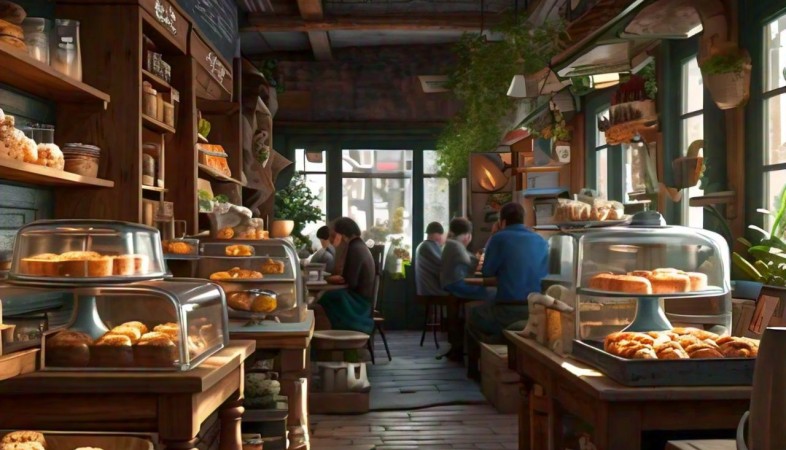SHARE
Commercials
More Posts
Jun 17, 2025
Rose Petal Jam Gulab Jamun - By Chef Rajat Ranjeet
Jun 21, 2025
Khatta Meat - By Chef Dhum Singh
Feb 27, 2025
Banarasi Tamatar Chat - By Chef Ashish Spencer
Jun 17, 2025
Rose Petal Jam Gulab Jamun - By Chef Rajat Ranjeet
Jun 21, 2025
Khatta Meat - By Chef Dhum Singh
Feb 27, 2025
.png)





